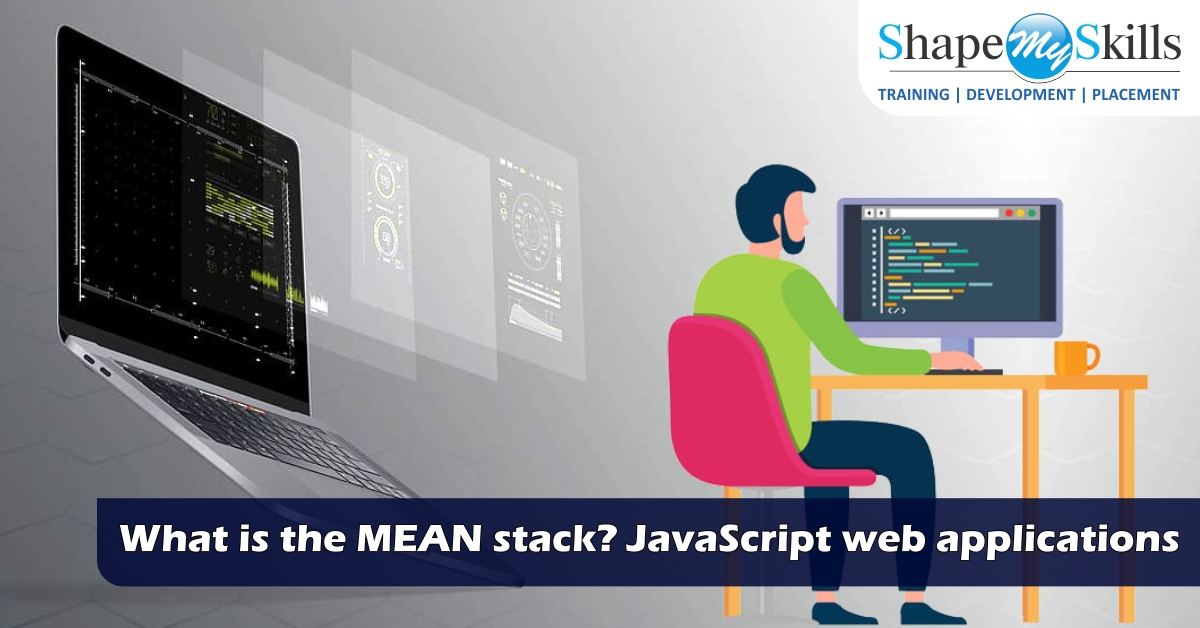What is the MEAN stack? JavaScript web applications

The MEAN stack
The MEAN Stack is a software stack, a collection of technology layers in a modern application. It is merely JavaScript. JavaScript may now be utilized as a “full-stack development” language from the front end to the back end. To learn more, join MEAN Stack Training in Noida.
MEAN stands for several parts of the stack
MongoDB
MongoDB, like other NoSQL databases, lacks a schema. Data is stored and retrieved as JSON documents with several fields inside. So MongoDB is a fantastic alternative for building applications fast when requirements change.
Express.js
The most popular Node.js web application framework is Express. Express is a primary, programmable web server that may be enhanced with plug-ins. That makes Express light and efficient.
A MEAN app does not have to be provided directly to users via Express, even if this is widespread. Alternatively, you might deploy a reverse proxy web server like Nginx or Apache in front of Express. This allows responsibilities like load balancing to be delegated.
Angular
A MEAN app’s front end is created with Angular, formerly AngularJS. Angular formats data from the server using JavaScript on the browser. This allows the client to make much of the rendering effort. The front end uses Angular to create many single-page web apps.
Angular is written in TypeScript, a typed language like JavaScript that compiles to JavaScript. Some argue that this goes against the MEAN stack’s fundamental tenets: JavaScript is utilized exclusively. But because TypeScript is related to JavaScript, moving between the two isn’t as weird.
Node.js
Finally, Node.js is the JavaScript runtime that powers the MEAN web app’s server-side. Node is built on Google’s V8 JavaScript engine, which runs JavaScript in Chrome. Node operates on both servers and clients, and it outperforms web servers like Apache.
Node.js handles HTTP requests differently than traditional web servers. When a request comes in, the server launches a new thread or even a new process. Thread spawning is faster than forking, but both have overhead. Having many lines causes a system to waste important threads’ scheduling and context switching cycles, slowing down the system and limiting scalability and performance. Join MEAN Stack Training in Delhi for a better career.
Node.js is superior. Node employs a system-registered single-threaded event loop to manage connections. On each new relationship, JavaScript callbacks are fired. The call back function can handle requests with non-blocking I/O, which can also launch threads from a pool to handle tasks that block or use a lot of CPU power.
Conclusion
Learning MEAN increases your marketability as a web developer, Hiring you sooner and earning more. ShapeMySkills Pvt Ltd Is the best platform to start MEAN Stack Online Training.


